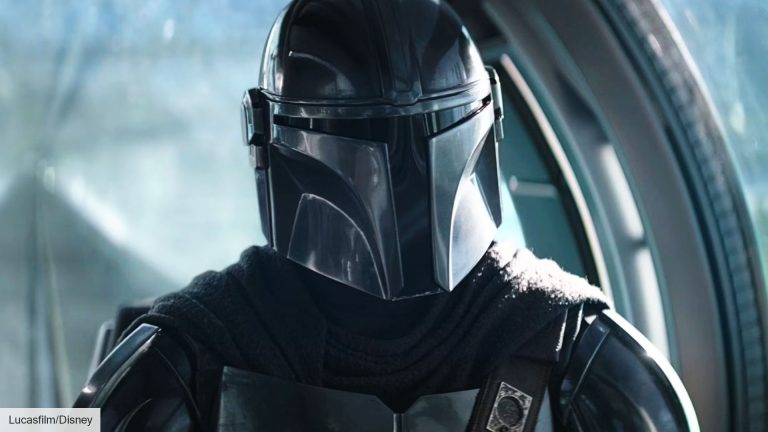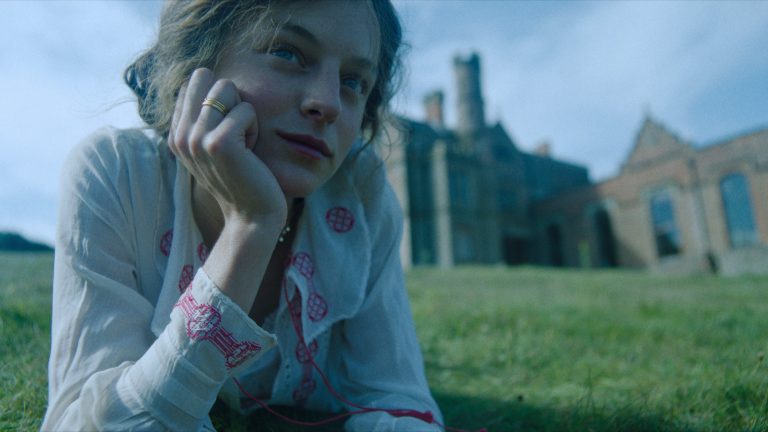“Kankhajura” (TV Series, 2025) rests firmly on the compelling performance of Roshan Mathew. He stars as Ashu, a recently released convict, introduced at the very start of Chandan Arora’s gripping drama. Ashu is hopeful his brother Max (Mohit Raina), a real estate developer, can find him a job, set his life in order. However, Max refuses to concede him much room. Ashu initially moves into Max’s house, where he lives with his wife and daughter, but realises he’s rather unwelcome.
Feeling underserved, he engineers a variety of schemes to impress on his brother his invaluable presence, that he can actually be a great asset should Max take him into his team. Max is overseeing an ambitious project that would take his career to great heights if it successfully comes together. But it entails the displacement of many in the Goan town. Ashu tries to plant himself in Max’s plans, much to the latter’s displeasure. Through a slew of mental manoeuvres, he seeks to annihilate all of Max’s rivals but also primes his abilities as dependable for his brother to see and admire.
Ashu is a delicious role, an actor’s dream, letting him slip from the naïve to the deadly manipulative within a few minutes. The show understands this early on, pinning the narrative entirely around him, though his unreliability always registers. Mathew is richly attuned to the scope here and makes a meal of it. From his tottering body language, projecting a seeming meekness, to viper-like instincts, Mathew builds a fascinating portrait of a man playing complex mind games to get what he wants. If Ashu isn’t given something, he will extract it with a mien of perfect gullibility. Above everything, “Kankhajura” is a sandbox for Mathew, allowing him to be morally murky, unpredictable, vicious, and yet someone whom you’d almost want to protect.
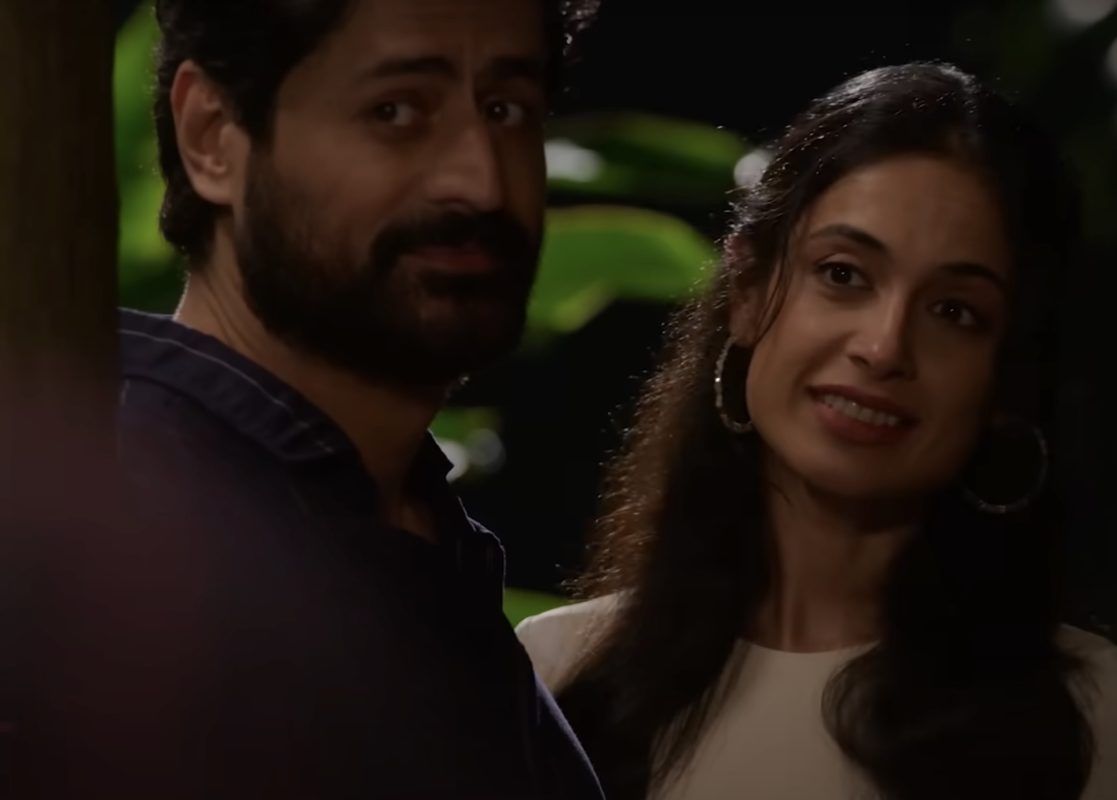
At first notice, Ashu attracts pity. He looks miserable, shunted by wretched circumstances, though he has a murder to his name. Having served many years in jail, the bulk of his adolescence, his personality appears stunted, socially misshapen. How will he make a life anew without support? His brother is unwilling, insistent that Ashu keep a distance from his work. Max tries to pay Ashu out of his life entirely, but the latter keeps inserting himself. Ashu knows he’s being an inconvenience, and nevertheless demands his brother’s attention and care. As violence and threats escalate, bullets fly, people get slain in the crossfires, and the series lurches increasingly into pointless circles. It doesn’t quite know what to say about trauma, what that does to a person’s psyche, the scars that can trigger their worst impulses.
However, “Kankhajura” can’t escape its immediate, overwhelming sensation of banality. An adaptation of the Israeli series “Magpie,” it’s weakened by its insipid flavour, a persistent lack of emotionally fraught drama, though it does throw in ample, overplotted orchestrations. The effect, in contrast, dulls. There are too many subplots jostling for primacy, a tangle of shady agenda and self-preserving impulse which Arora visibly struggles to stitch into a gripping saga. The series is always busy, trundling one dramatic, high-stakes incident after another without landing so much as a thud.
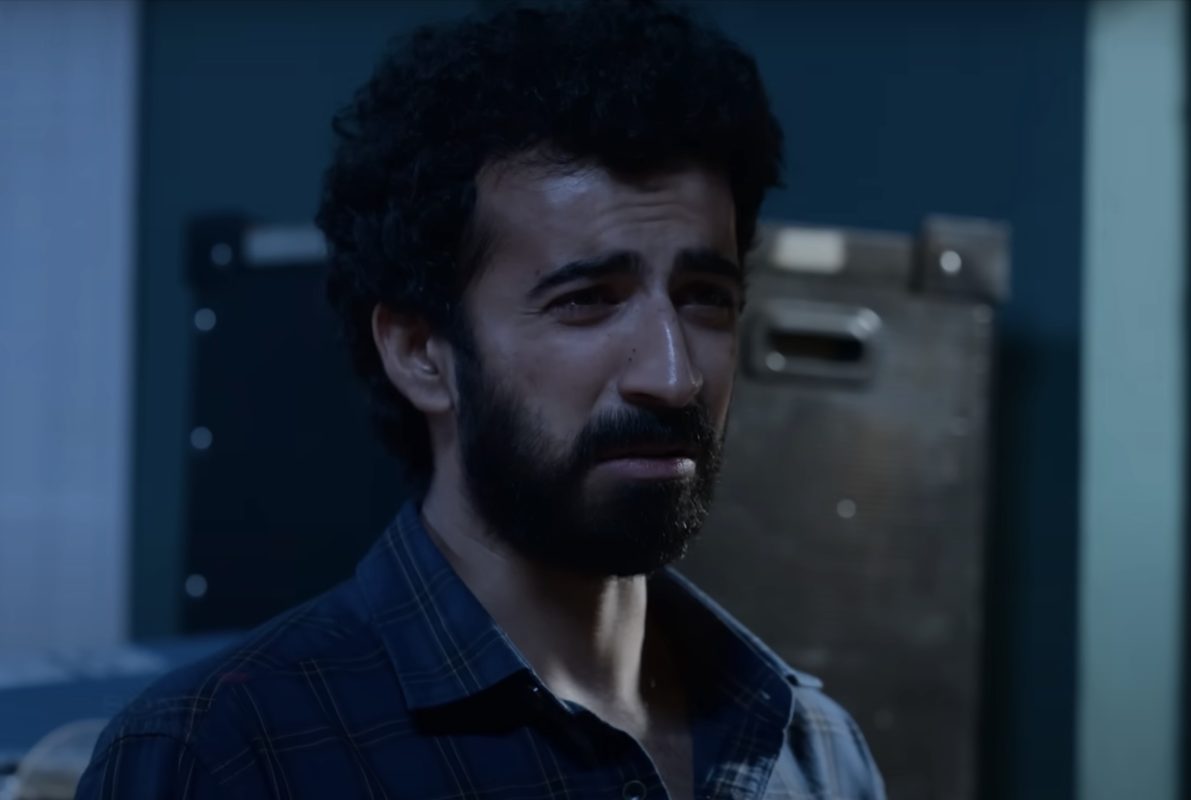
The narrative’s constant hyper-engagement fails to conceal a growing mass of thinly etched characters, events that don’t thrill, unnerve, or provoke sustained interest. Spread unforgivably over eight episodes, “Kankhajura” leaks out all its capability of rousing intrigue, turning instead flat and strangely inert in psychological build. A show like this can be riveting when it weaves in its myriad angles, plot points with heft and coherence. It needs to afford psychological plausibility, conviction to more than one dominating character. Arora fumbles on this count. There’s much drama, little emotion that leaps off the screen.
Admittedly, though, certain promising characters like Deshmukh bai, a formidable old woman towering over the property that the company has its eyes on, exert their pull. However, the tussle between Max and her sputters out of breath before it can truly feel like a battle of wills. Instead, more stakeholders barge into the scene. None, however, makes an impact.
The show is content to coast off, introducing more problem points in the guise of narrative hooks, forsaking fluid connections. As a result, it feels scattered, meandering, unable to latch onto anything wherefrom it can ask you to keep watching. “Kankhajura” is too unfocused in its telling to evoke anything. It moves from one point to another without so much as a rustle. Mathew tries a lot to keep it afloat, but the absence of a throughline in Ashu’s mental fractures undoes his best efforts.



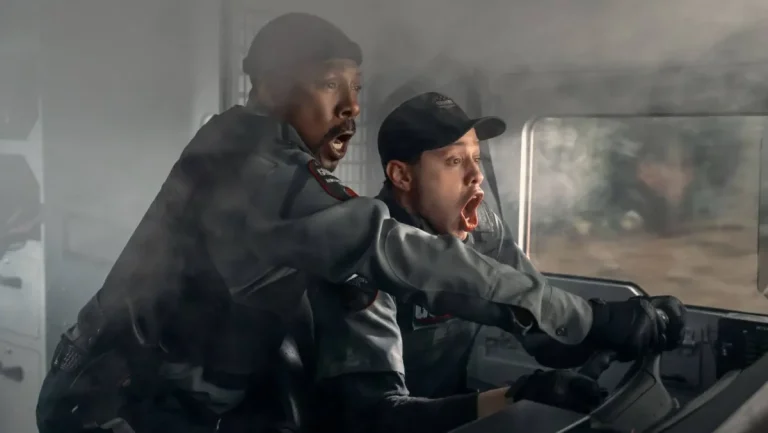
![Tiger King 2 [2021] Netflix Review: The sequel season to the smash hit docuseries has already lost it’s potency](https://79468c92.delivery.rocketcdn.me/wp-content/uploads/2021/11/Tiger-King-2-768x385.gif)
